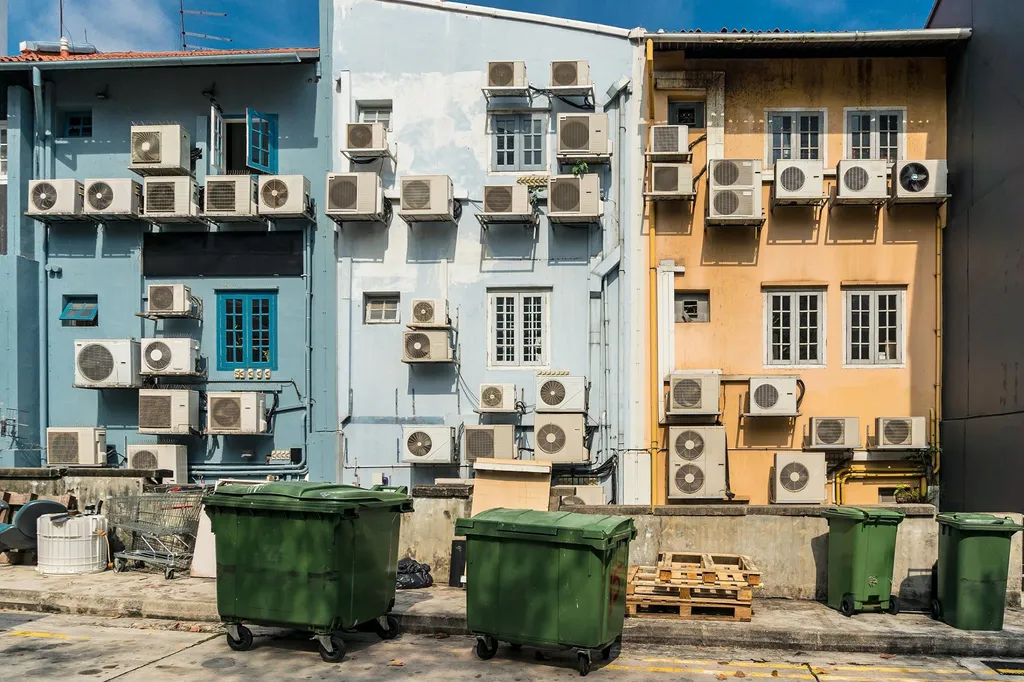WEB DESK, June 28(ABC): The startup Transaera is using a class of materials, advanced by MIT Professor Mircea Dinca for over a decade, to create a more energy-efficient air conditioner.
As incomes in developing countries continue to rise, demand for air conditioners is expected to triple by 2050. The surge will multiply what is already a major source of greenhouse gas emissions: Air conditioning is currently responsible for almost 20 percent of electricity use in buildings around the world.
Now the startup Transaera is working to curb those energy demands with a more efficient air conditioner that uses safer refrigerants to cool homes. The company believes its machine could have one-fifth the impact on the climate when compared to traditional ACs.
“The thing about air conditioning is the basic technology hasn’t changed much since it was invented 100 years ago,” says Transaera chief engineer Ross Bonner SM ’20.
That will change rapidly if Transaera’s small team is successful. The company is currently a finalist in a global competition to redesign the air conditioner. The winner of the competition, named the Global Cooling Prize, will get $1 million to commercialize their machines.
At the heart of Transaera’s design is a class of highly porous materials called metal organic frameworks, or MOFs, that passively pull moisture from the air as the machine works. Co-founder Mircea Dincă, the W.M. Keck Professor of Energy in MIT’s Department of Chemistry, has done pioneering research on MOFs, and the company’s team members see the materials’ commercial advancement as an important part of their mission.
“MOFs have a lot of potential applications, but the thing that’s held them back is unit economics and the inability to make them in a cost-effective way at scale,” says Bonner. “What Transaera aims to do is be the first to commercialize MOFs at scale and lead the breakthrough that brings MOFs into the public domain.”
Dincă’s co-founders are Transaera CEO Sorin Grama SM ’07, who is also a lecturer at MIT D-Lab, and CTO Matt Dorson, a mechanical engineer who worked with Grama on a previous startup.
“I’m just incentivized by this idea of creating something revolutionary,” says Grama. “We’ve designed these new devices, but we’re also bringing this material knowledge, with Mircea and our collaborators, and blending the two to create something really new and different.”

























